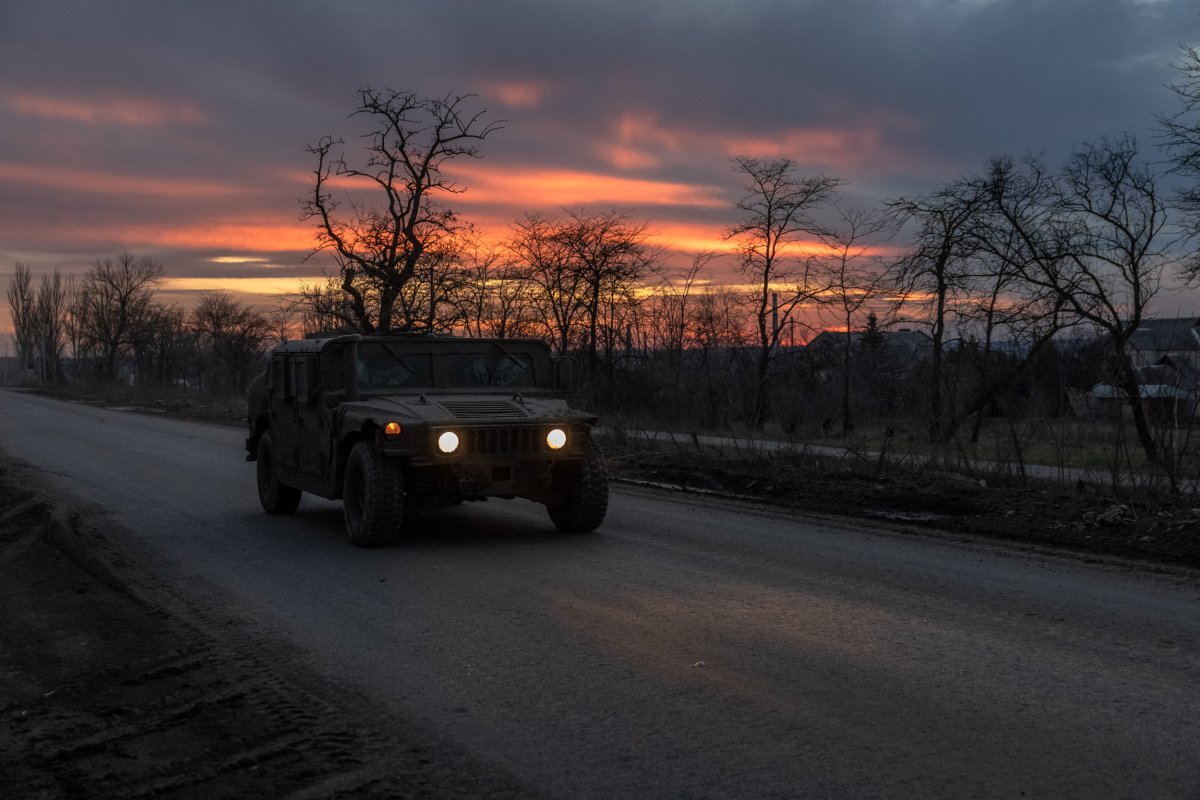NATO is drawing up new plans that may help the 75-year-old alliance sidestep the resurgent “America First” foreign policy of former President Donald Trump, who could secure a second presidential term in November, reports say.
The Financial Times reported on April 2 that Wednesday, NATO foreign ministers would discuss the Mission for Ukraine proposal put forward by outgoing Secretary-General Jens Stoltenberg, which would coordinate about $100 billion in funds for Kyiv.
The Financial Times and Politico also reported that the 32 alliance members were mulling taking collective responsibility for the U.S.-led Ramstein military aid support group—which, in the event of Trump’s reelection, could fall victim to the kind of Republican Ukraine-skepticism that has stranded a major funding bill for several months.
Spencer Platt/Getty Images
Stoltenberg wants the new blueprint in place before the alliance’s July summit in Washington, D.C.,the Financial Times reported. He is scheduled to step down from NATO’s helm this fall, after his term was extended because of Russia’s war.
The next NATO chief—widely expected to be current Dutch Prime Minister Mark Rutte—may have to grapple with a second-term Trump. The former president remains publicly critical of the transatlantic alliance and its most important members, and he has been uncommitted to the vision of Ukrainian victory largely shared by allies.
Even if President Joe Biden secures another term, he may have to contend with a more potent MAGA presence in Congress. The current class of House Republicans have already made their influence keenly felt, blocking about $60 billion in funding for Ukraine despite continued pleas from Kyiv and European capitals to unlock the money.
One European diplomatic official, who spoke to Newsweek on the condition of anonymity, said the brutal reality of Russian aggression in Ukraine was the real “alarm bell” for NATO, more so than a resurgent Trump.
“This happened before Trump 2.0 actually became a viable future,” the official said. “I would rather say that a potential new Trump term is speeding up that process and stressing the importance of Europe’s own defense capabilities.”

ROMAN PILIPEY/AFP via Getty Images
Still, a Trump White House overseeing a major European war would be an unknown quantity. “His potential new term is also in the context of real war situation, so his words carry even more weight,” the official added.
The looming possibility of Trump is causing concern in Ukraine, not least because of the former president’s repeated proposals for Kyiv to concede a quick peace deal that would leave Moscow in control of swaths of Ukraine.
Russian President Vladimir Putin “killed all the values which we defend today,” Ukrainian President Volodymyr Zelensky told CNN in February. “That’s why I can’t understand how Donald Trump can be on the side of Putin. So for me, it’s something unbelievable.”
Whether under Trump or Biden, Ukraine needs long-term planning. “I don’t know whether this idea is related to the possible outcome of the presidential elections in the U.S. because it’s unpredictable as of now,” Oleksandr Merezhko, a member of the Ukrainian parliament and the chair of its foreign affairs committee, told Newsweek of the reported NATO plans.
“At the same time, the idea to bring Ramstein format under NATO purview to me looks quite rational and logical. It will give Ukraine more stability and predictability with regard to military aid despite political changes in the NATO member states. Additionally, this decision will strengthen transatlantic solidarity within NATO,” he continued.
“The security of Ukraine cannot depend on only one nation,” Merezhko said. “We truly need transatlantic solidarity here.”
Uncommon Knowledge
Newsweek is committed to challenging conventional wisdom and finding connections in the search for common ground.
Newsweek is committed to challenging conventional wisdom and finding connections in the search for common ground.


